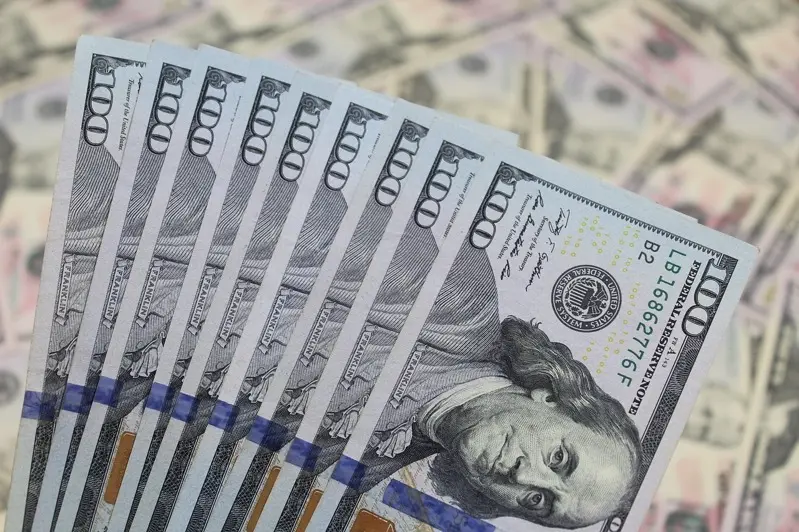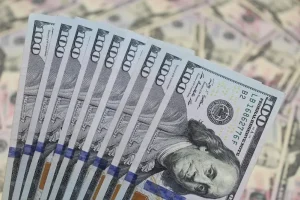The new definition of a millionaire in the United States is now just the wealthy middle class
For a long time, being a millionaire was synonymous with true wealth: freedom from financial worries and the ability to do whatever you want. But according to financial experts, if this definition is accurate, it no longer applies.

For a long time, being a millionaire was synonymous with true wealth: freedom from financial worries and the ability to do whatever you want. But according to financial experts, if this definition is accurate, it no longer applies.
The Independent reports that according to the USB Global Wealth Report, the number of millionaires in the United States is now higher than ever, reaching 23.931 million. Many of these are ordinary people, not celebrities, superstars, or CEOs. However, this does not mean they are free from financial worries or the risk of bankruptcy.
Investment advisor Michael Ashley Schulman told the Associated Press that being a millionaire may sound like a rich uncle wearing a top hat, but it is no longer a guarantee of luxury and caviar. It simply represents the new affluent middle class, financially secure but still two zeros away from private jets.
About one-tenth of the US population is a millionaire, thanks in part to factors like inflation, rising housing prices, and increased investor participation in the stock market. This, however, has also made millionaires less valuable.
The average American needs twice as much money as they did 30 years ago to have the same purchasing power; nonetheless, being a millionaire is still better than not being one, which is certainly not the case for the vast majority of Americans.
According to the Federal Reserve, the richest 10% of Americans control two-thirds of the nation’s household wealth, while the bottom 50% holds just 3%, averaging about $60,000 in their pockets.
Dan Usen, a tech worker who recently became a millionaire, says it’s a nice round number, but it’s just a resting point on a long journey, “giving you some breathing room.”
True millionaires share certain traits: they live within their means, own stocks and homes, and prioritize education and financial responsibility. Although many, but not all, millionaires are also beneficiaries of inherited wealth.
For those without a rich dad, the stability and growth of financial markets and the ease of investing have helped them realize their dreams of wealth. However, this dream should be aligned with reality. A million dollars won’t buy you a private jet or a safe full of gold coins; on the contrary, achieving this goal requires cutting back on your lifestyle: reducing travel, club dues, and takeout.
Jason Breck, 48, committed to early retirement and reached the million-dollar mark nine years ago. He says his million dollars gives him freedom and security. He’s not a yacht tycoon, but he’s a time tycoon.







